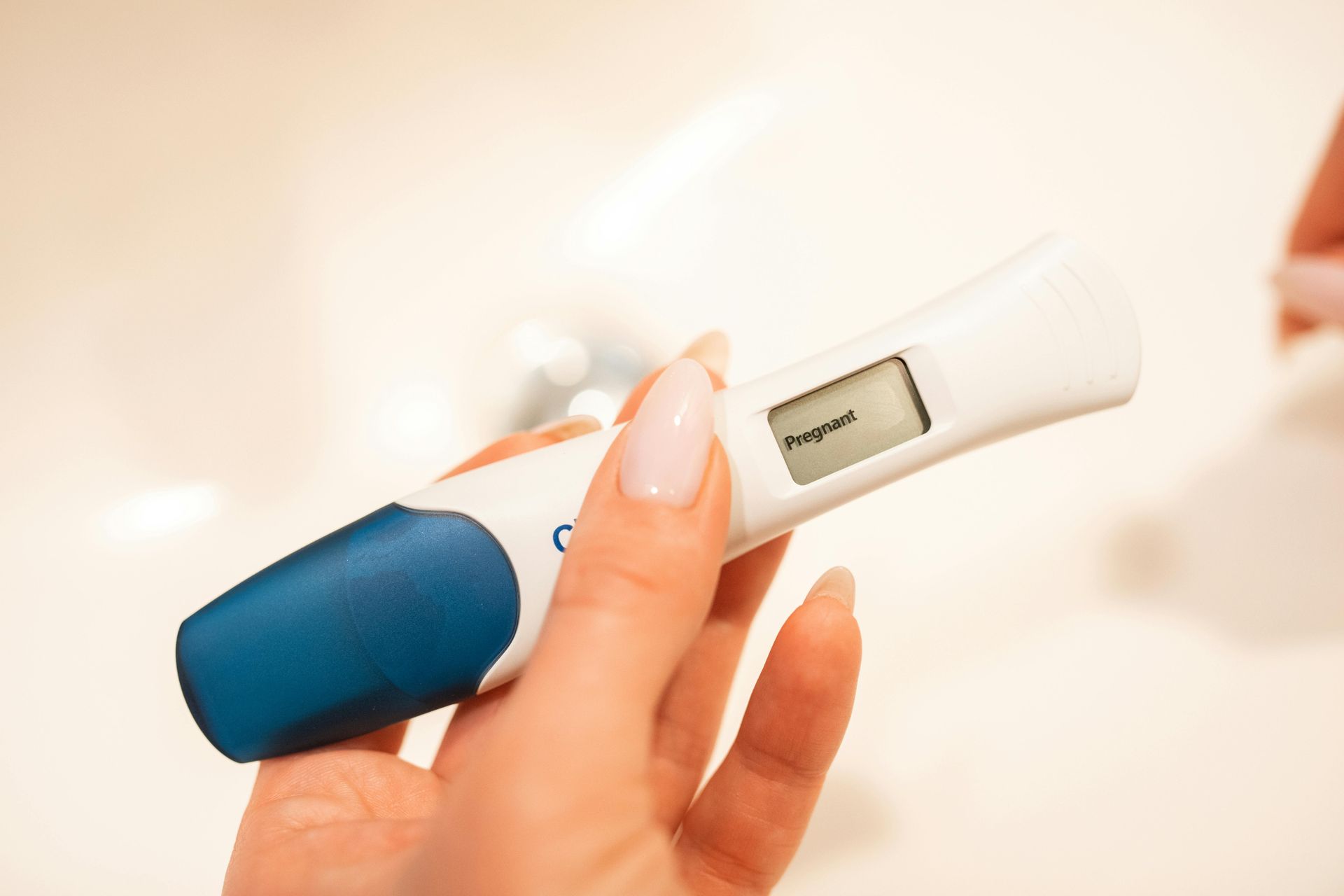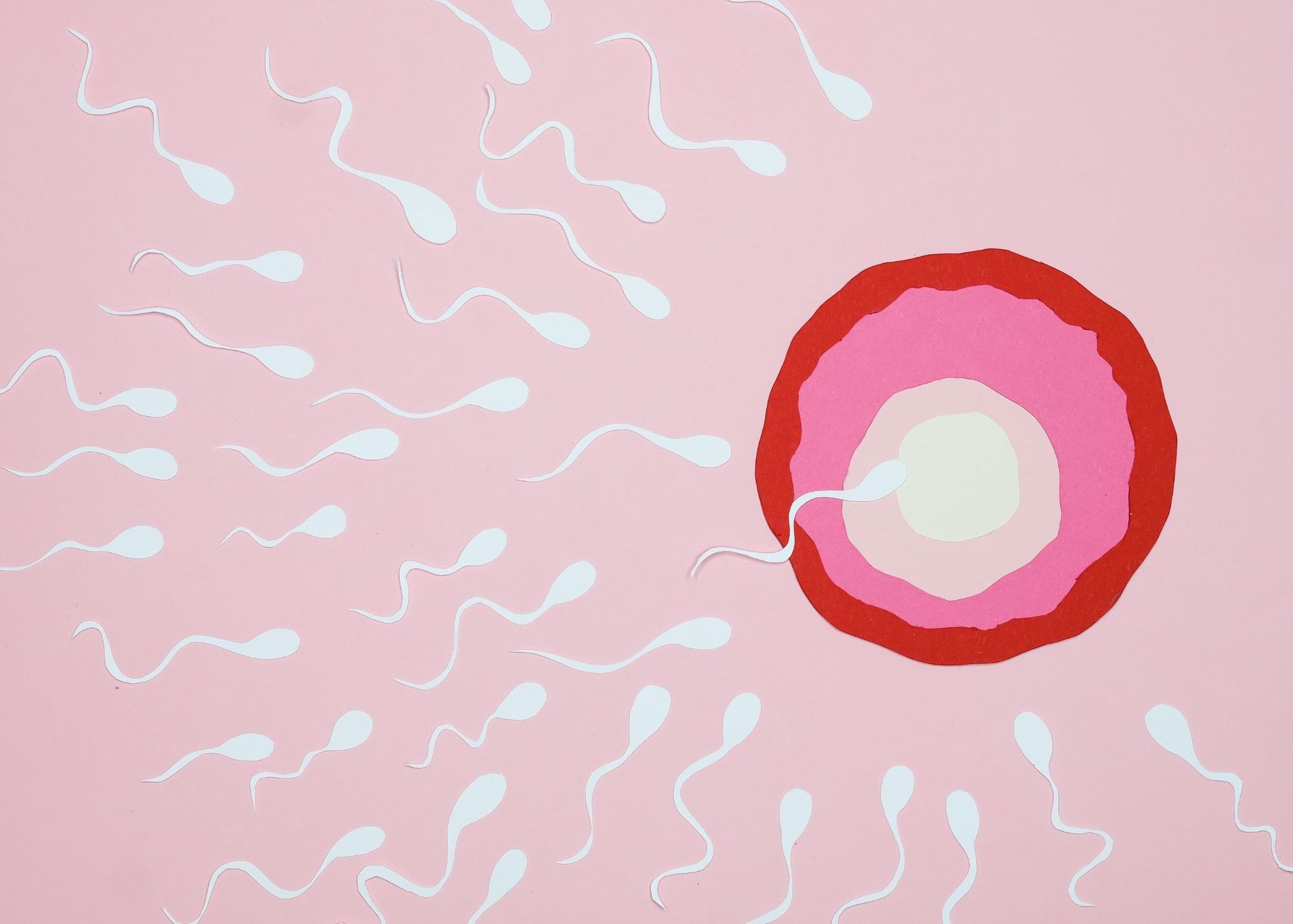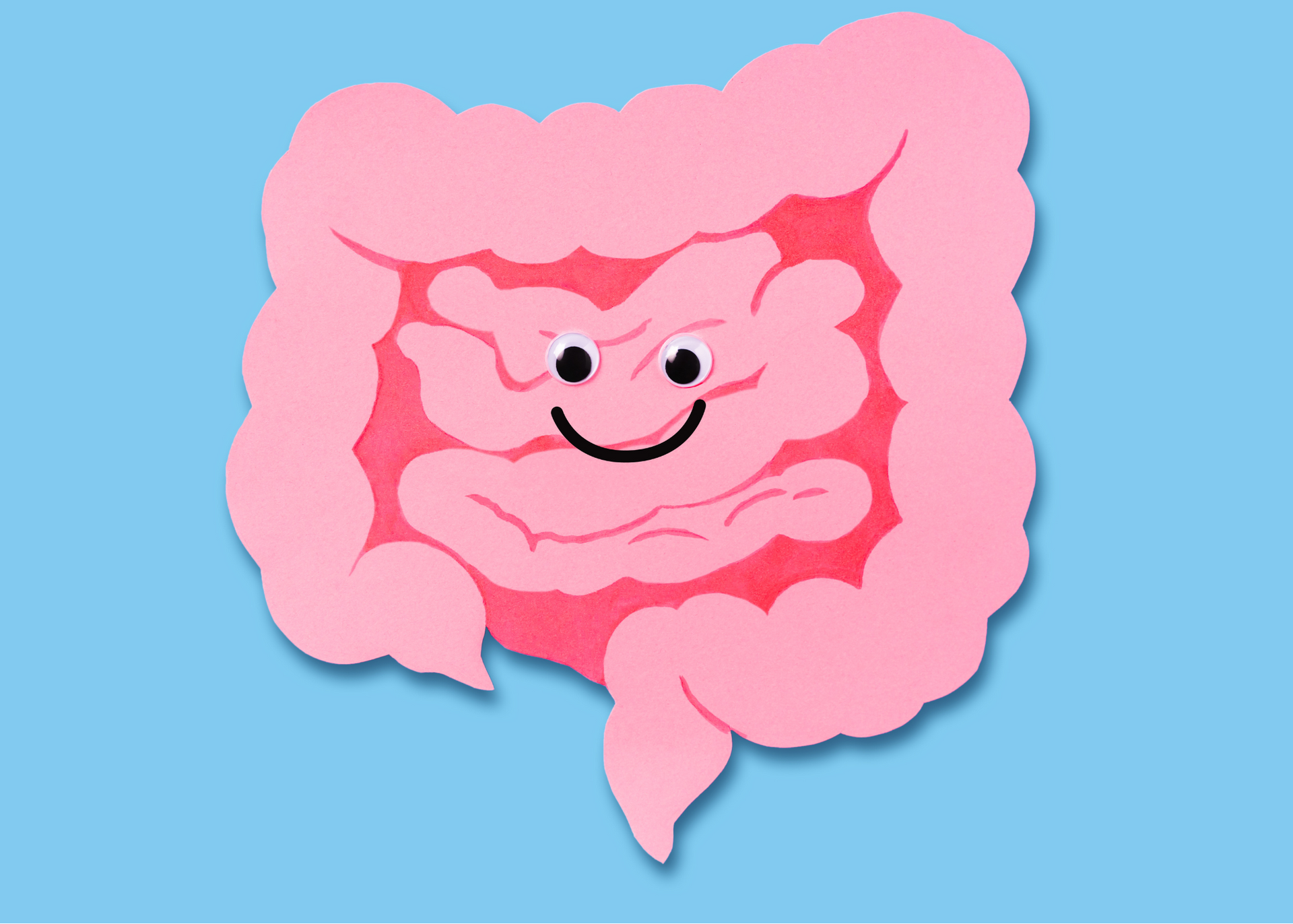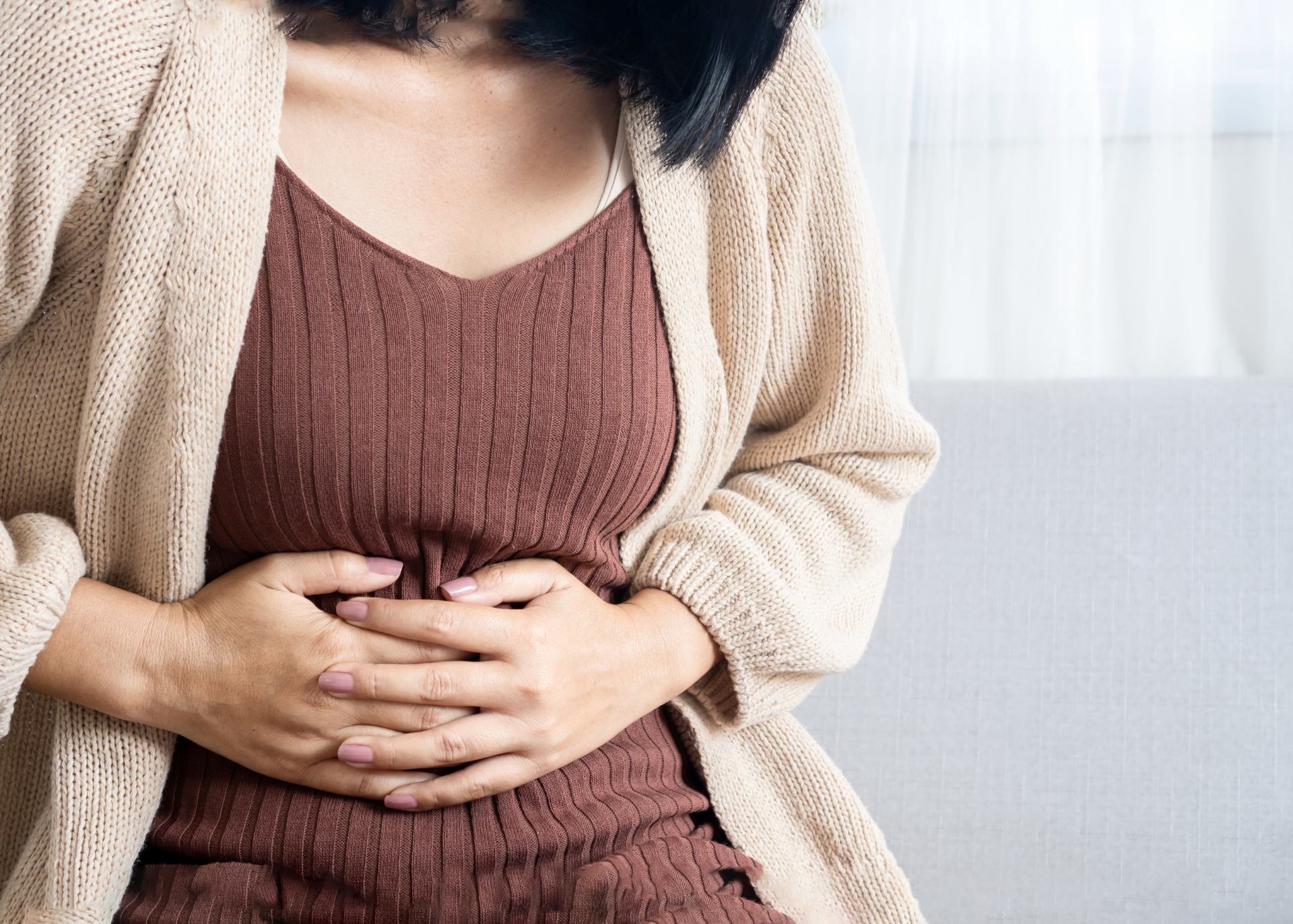Fatigue, Belly Fat, and Other Signs of Estrogen Dominance

Estrogen Dominance
If you struggle with weight gain, irregular periods, PMS, fatigue, acne, or sugar cravings... estrogen dominance could be to blame.
Estrogen dominance is one of the most common hormonal imbalances for women, but it often goes undetected for years and sometimes goes undiagnosed for a lifetime.
In this article, we’ll cover:
- What is estrogen and why does it matter?
- Normal estrogen vs. estrogen dominance
- Symptoms of estrogen dominance
- Effects of estrogen dominance on reproduction, skin, hair, weight, and gut health.
- What to do next!
The Role of Estrogen Dominance
Estrogen is a group of sex hormones most commonly associated with female reproduction.
The three types of estrogen include:
- Estrone (E1)- the predominant estrogen after menopause that is produced in fat cells.
- Estradiol (E2)- the predominant estrogen during reproductive years.
- Estriol (E3)- the predominant estrogen during pregnancy.
Estrogen plays a critical role in growth and development, puberty, menstruation, fertility, pregnancy and menopause, but it also has non-reproductive functions. In both men and women, estrogen is responsible for regulating processes that impact the heart, bones and central nervous system including:
- Cholesterol levels
- Blood sugar stability
- Bone mass
- Muscle mass
- Circulation and blood flow
- Brain health and cognition
Estrogen Balance vs Estrogen Dominance
Estrogen’s counterpart is a hormone called progesterone.
Progesterone opposes estrogen. This means when progesterone is high, estrogen is typically low. When estrogen is high, progesterone is typically low.
Imagine a see-saw on a playground! We need healthy levels of each hormone to keep the other in check.
Progesterone is often called the ‘pregnancy hormone’ because its main function is to prepare the uterus for a fertilized egg.
If an egg is implanted, progesterone increases to support a healthy pregnancy. If an egg doesn’t implant, the endometrium (lining of the uterus) is shed aka you have a period.
When normal levels of estrogen and progesterone are present you are able to have a regular, less painful period as well as a stable mood.
When estrogen becomes “dominant” it throws things out of balance and can lead to uncomfortable symptoms (we'll get to those in just a second).
The most common scenarios causing estrogen dominance are:
- Elevated estrogen, normal or low progesterone
- Normal estrogen, low progesterone
- Low estrogen, lower progesterone (less common but still results in estrogen dominance)

Estrogen Dominance Signs and Symptoms
Signs you may be struggling with estrogen dominance include:
- Irregular menstrual cycles
- Mood swings and emotional fluctuations
- Breast tenderness and swelling
- Fatigue
- Sugar cravings
- Weight gain, especially around the hips and thighs
- Increased belly fat
- Migraines
- Acne
- Hair loss/hair thinning
- Frequent vaginal infections
- Depression, anxiety, irritability
- Low libido
- Vaginal dryness
- Uterine fibroids and polyps
- Difficulty sleeping
You may have just a symptom or two from this list, or a ton of these symptoms may hit close to home for you.

Effects of Estrogen Dominance
Now that we've covered the possible signs and symptoms of estrogen dominance, let's do a deep dive into the effects estrogen dominance can have on the body.
Infertility
Estrogen dominance is a common cause of infertility because of its impact on ovulation. Elevated estrogen can lead to an “anovulatory cycle”, meaning you have your period but you aren’t ovulating. If you don’t ovulate, it’s impossible to get pregnant.
Other conditions that impact ovulation like polycystic ovary syndrome (PCOS) and endometriosis are associated with estrogen dominance and can cause infertility as well.
Estrogen dominance can cause infertility in a number of other ways including luteal phase defect, changes in cervical mucus, impaired implantation, and increased miscarriage risk.
If you want to learn about the connection between estrogen dominance and infertility in more detail comment below and I can write a whole blog post on this.
Uterine Fibroids and Polyps
Uterine fibroids and polyps are non-cancerous growths in the uterus. Fibroids are made of smooth muscle while polyps are made of endometrial tissue (the thin tissue that lines the uterus). Both fibroids and polyps are linked to estrogen dominance.
Symptoms of both fibroids and polyps include pelvic pressure, constipation, dull aching pain in the abdomen and/or lower back, pain or discomfort during sex, irregular periods, heavy periods, periods that last longer than a week, and infertility.
PMS
Elevated estrogen and/or low progesterone can make premenstrual syndrome (PMS) symptoms worse. Irritability and breast swelling or tenderness the week before your period are common signs of elevated estrogen.
Estrogen dominance can also cause other annoying PMS symptoms like headaches/migraines, fluid retention and bloating, a raging appetite, sugar cravings, and fatigue.
Acne
Healthy levels of estrogen are great for skin health. Estrogen boosts collagen, thickens the skin, and improves elasticity.
However, if the body isn’t eliminating enough estrogen, it can cause acne due to increased skin inflammation and overproduction of oil in the sebaceous glands. Breakouts along the chin and jawline are most often associated with hormonal imbalances.
If you’re breaking out during ovulation (around 2 weeks before your period), it’s likely due to high estrogen.
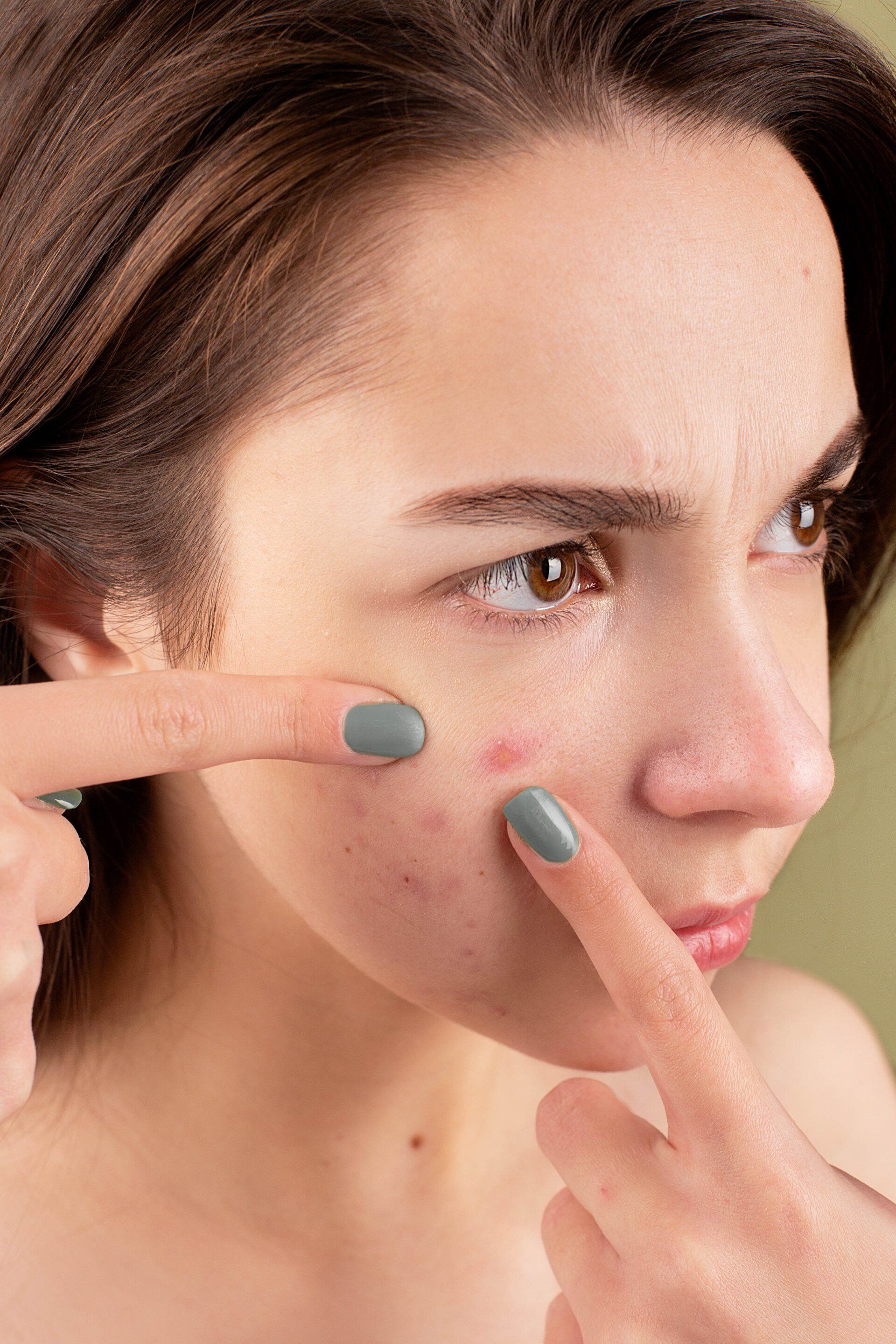
Hair Loss/Hair Thinning
Estrogen dominance can be a driver of hair thinning or hair loss in women. Estrogen dominance can negatively affect both the hair growth cycle and hair follicle activity.
If your estrogen dominance is partly due to low progesterone this can make hair loss and hair thinning even worse because progesterone helps protect hair follicles from thinning.
If you're losing a little hair here and there in your brush or in the shower, no need to worry. But if hair is coming out in clumps or you're noticing your hair is thinner than it used to be, it's important to dig into why.
Weight Gain
Estrogen in healthy amounts is great for weight maintenance because of its positive effect on muscle mass, bone health, and insulin sensitivity. But when estrogen gets too high it takes on a new relationship with fat.
Estrogen is produced by fat tissue, and estrogen also signals the body to store fat. This is part of our body’s natural design and it’s great when we have a
healthy amount of fat because it improves our fertility!
But when estrogen is too high there is too much signaling for fat storage and the fat cells continue to produce estrogen. This makes it easier to put on fat and harder to burn fat.
Estrogen dominance is especially notorious for weight gain in the
midsection, aka belly fat, as well as weight gain in the hips and thighs.
Digestive Discomfort
Imbalanced hormones often lead to an imbalanced gut (and vice versa).
Estrogen is heavily influenced by the gut because of something called the estrobolome. The estrobolome is a set of gut bacteria responsible for metabolizing estrogen.
When the estrobolome is out of whack, estrogen may not be removed from the body effectively and estrogen dominance is likely to occur.
Studies show that 73% of women report at least one digestive symptom during PMS leading up to their period, and about 67% report at least one symptom during their period. Diarrhea, abdominal pain, and bloating are the most common.
Estrogen acts as a fluid-retaining hormone while progesterone is a natural diuretic. This is why estrogen dominance can lead to water retention and uncomfortable bloating, especially right before your period when estrogen peaks.

What next?
If you’re struggling with symptoms of estrogen dominance, read my next blog post where I share the root causes of estrogen dominance and teach you how to naturally heal estrogen dominance with food and sustainable lifestyle changes.
Continue Reading
